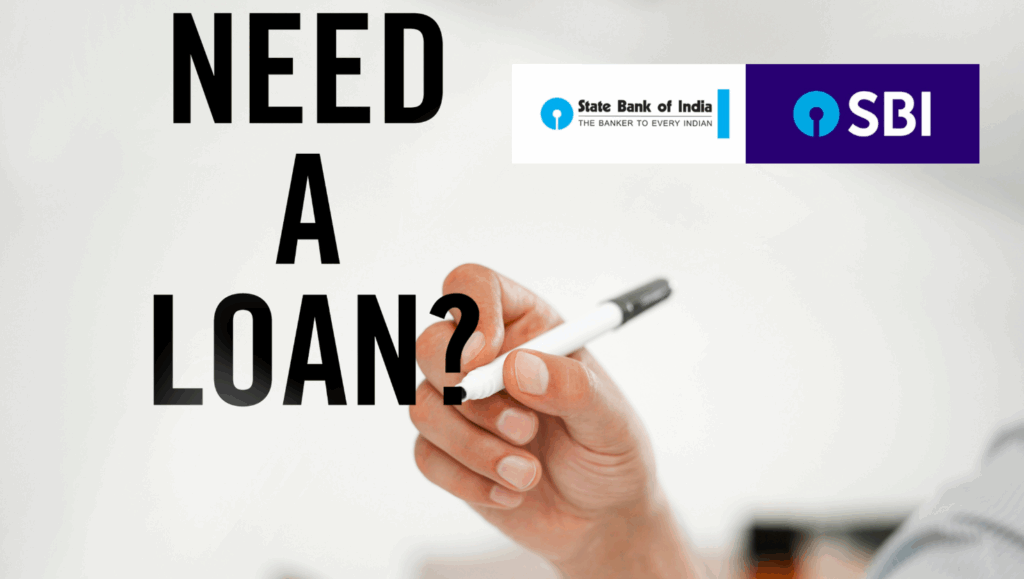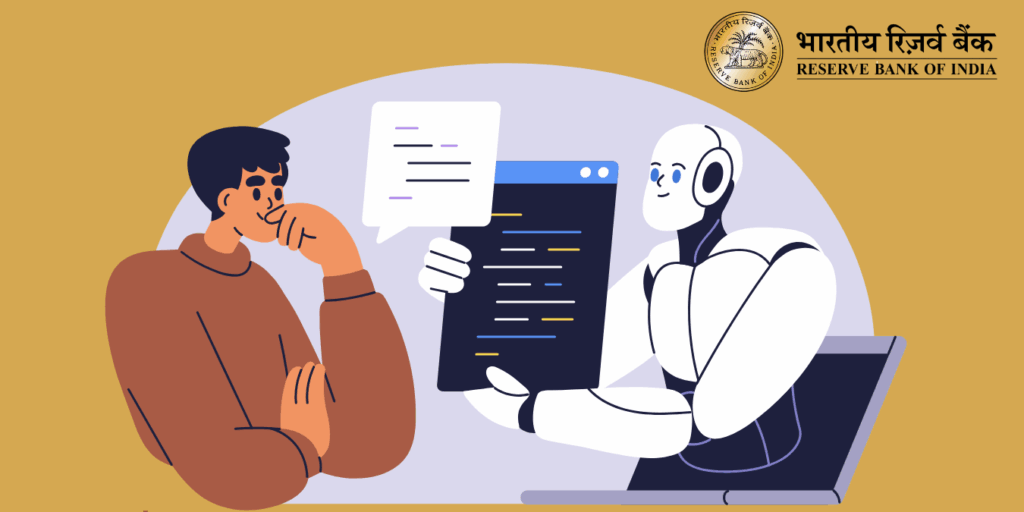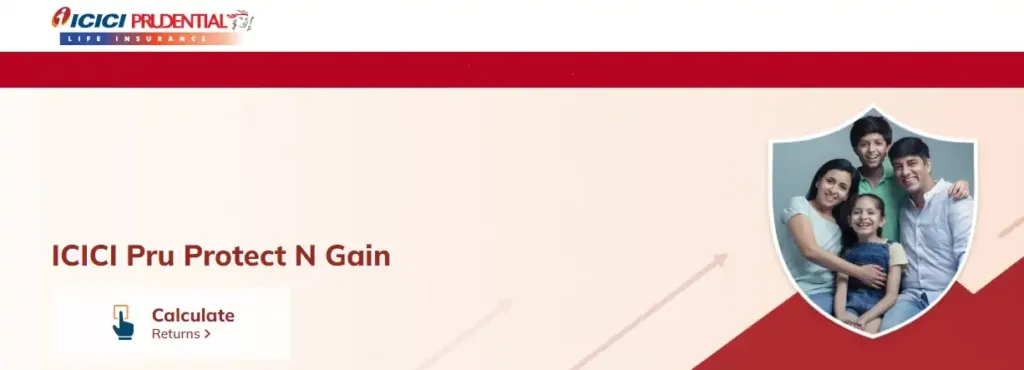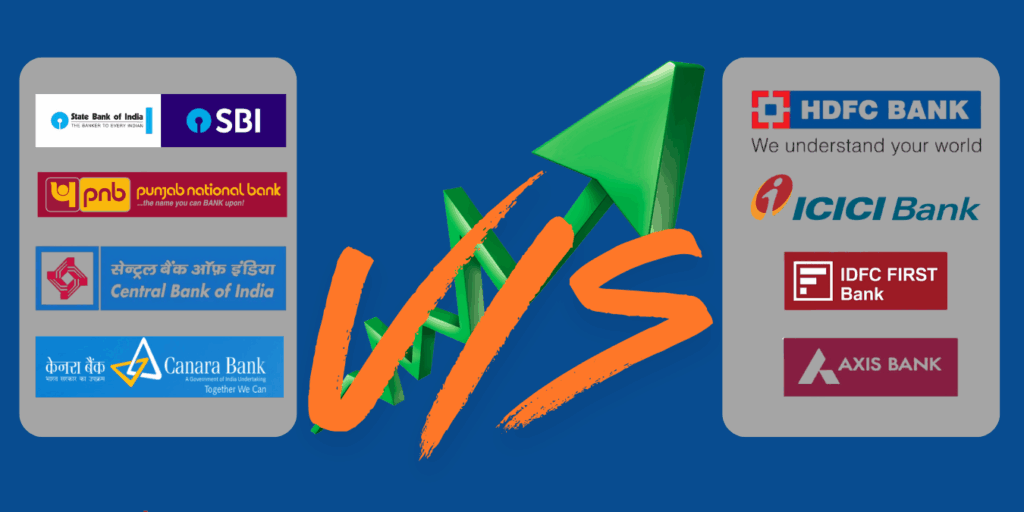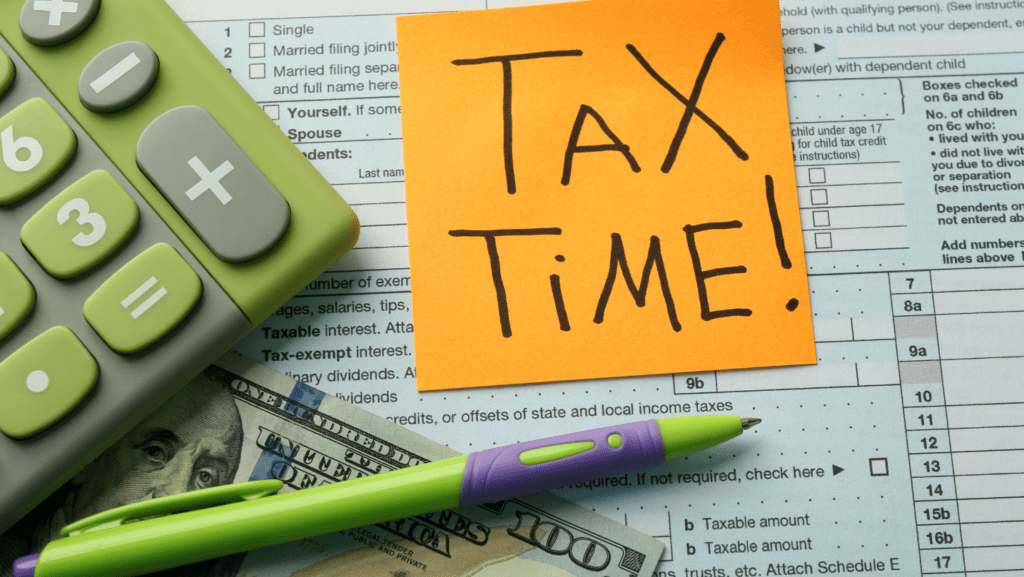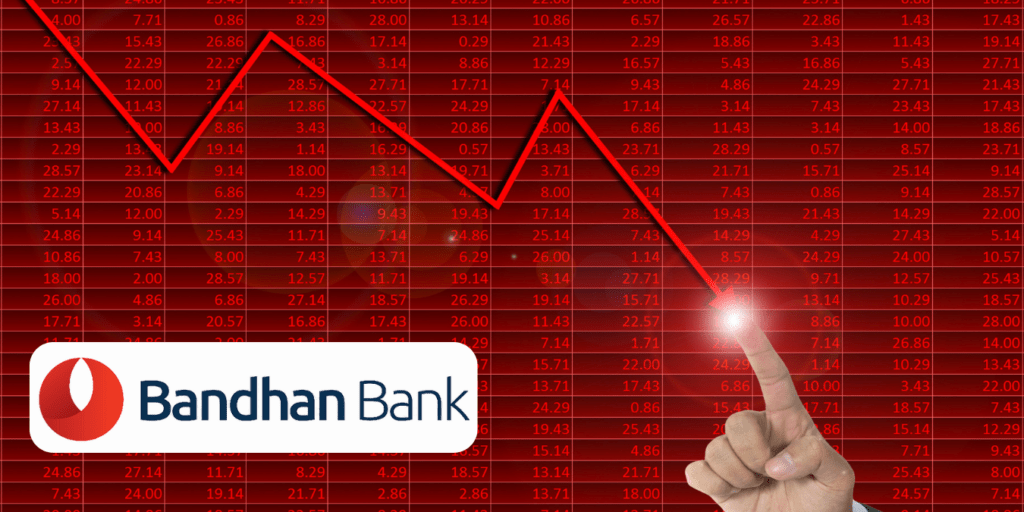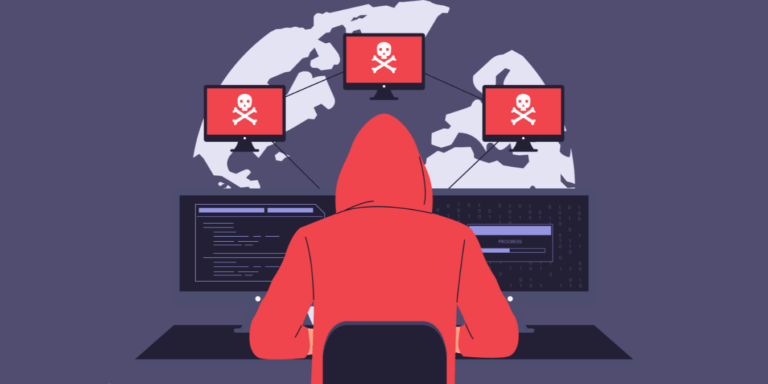
Why did you receive Rs 1 from an unknown source in your bank account? Learn critical steps to avoid cyber fraud, UPI scams, and tax issues. Stay safe with expert tips and RBI guidelines to protect your finances. Uncover the truth now!
In digital banking era, unexpected transactions in your bank account can raise alarm bells. Imagine checking your bank statement and spotting an unfamiliar Rs 1 credited via IMPS or UPI from an unknown source. While it may seem trivial, this small transaction could signal something more sinister, such as a potential fraud or scam. With cybercrime on the rise in India—over 1.6 million cybercrime cases were reported in 2024 according to the National Crime Records Bureau (NCRB)—understanding how to respond to such incidents is crucial. This comprehensive guide explores what you should do if you receive Rs 1 in your bank account from an unknown source, why it happens, and how to protect yourself.
Why Would Someone Send Rs 1 to Your Account?
Receiving an unsolicited Rs 1 in your bank account is not always a mistake. In many cases, it could be a deliberate tactic used by fraudsters or even a legitimate action by a financial institution. Below are the most common reasons for such transactions:
- Verification of Account Details: Cybercriminals often send small amounts, like Rs 1, to verify if a bank account is active. This is a common tactic in phishing scams or KYC frauds, where scammers test account details before attempting larger unauthorized transactions.
- Bank or Platform Testing: Some legitimate platforms, such as investment apps or e-commerce websites, deposit Rs 1 to confirm account authenticity during registration or KYC verification. These transactions are usually reversed or explained by the platform.
- Fraudulent Schemes: Scammers may use small transactions to initiate contact, claiming the amount was sent by mistake and pressuring you to return it to a different account. This can lead to phishing attempts or unauthorized debits.
- Bank Errors: In rare cases, banks may credit small amounts due to clerical errors or system glitches. For instance, during the 2016 demonetization period, some banks deposited Rs 1 into Jan Dhan accounts to avoid showing zero balances.
- Money Laundering or Tax Evasion: Small transactions could be part of larger schemes to test accounts for illicit activities, such as money laundering. The Income Tax Department monitors suspicious transactions, and even small amounts could trigger scrutiny if linked to unreported income.
Is Receiving Rs 1 Dangerous?
A single Rs 1 transaction is unlikely to drain your account directly, but it could be a red flag. According to a 2024 RBI report, UPI-related frauds accounted for 55% of financial cybercrimes in India, with many starting with small test transactions. Ignoring such a credit could expose you to risks like identity theft, phishing, or unauthorized debits. For instance, in a 2018 case, ethical hackers sent Rs 1 to the TRAI chairman’s account to demonstrate vulnerabilities in Aadhaar-linked payment systems.
Immediate Steps to Take If You Receive Rs 1 from an Unknown Source
If you notice an unexpected Rs 1 in your bank account, follow these steps to safeguard your finances and comply with Indian regulations:
1. Do Not Spend the Money
- Legally, you are not entitled to use money credited to your account by mistake. Spending it could lead to complications if the sender requests a reversal. The RBI mandates that banks can reverse erroneous transactions with your consent, but disputes may arise if the funds are spent.
- Action: Keep the Rs 1 untouched in your account until the situation is resolved.
2. Contact Your Bank Immediately
- Report the transaction to your bank within 3 working days to limit liability, as per RBI guidelines. Delaying beyond 7 days could increase your responsibility for any subsequent losses.
- How to Report:
- Call your bank’s customer care or visit the nearest branch.
- Provide details like the transaction ID, date, time, and sender’s details (if visible).
- Request the bank to flag the transaction as suspicious and trace its source.
- Pro Tip: Document all communications with the bank, including call logs and emails, for future reference.
3. Do Not Respond to Unknown Contacts
- If someone contacts you claiming the Rs 1 was sent by mistake and asks you to transfer it back, do not comply. This is a common scam where fraudsters trick you into sending money to a different account.
- Action: Verify the sender’s identity through your bank, not via unsolicited calls or messages.
4. Check for Phishing Attempts
- Scammers may follow up with phishing emails, SMS, or calls requesting personal details like OTPs, PINs, or KYC information. The RBI explicitly states it never asks for such details via unsolicited communication.
- Action: Avoid clicking on links or sharing sensitive information. Report suspicious messages to the National Cybercrime Reporting Portal (cybercrime.gov.in).
5. Monitor Your Account
- Regularly check your bank statements for unauthorized transactions. Set up SMS and email alerts for real-time transaction notifications.
- Action: Use secure devices and networks for online banking to prevent hacking.
6. File a Complaint if Necessary
- If you suspect fraud, report the incident to:
- Your bank’s grievance cell.
- The RBI’s helpline (14440).
- The National Cybercrime Reporting Portal.
- Action: Keep evidence like screenshots of the transaction and any related communication.
Tax Implications of Receiving Rs 1
In India, the Income Tax Act governs how unexpected credits are treated. Here’s how a Rs 1 transaction could impact you tax-wise:
- Gift Tax Rules: Under Section 56(2)(vi) of the Income Tax Act, gifts from non-relatives exceeding Rs 50,000 in a financial year are taxable as “Income from Other Sources.” A single Rs 1 transaction is well below this threshold and is unlikely to attract tax. However, if it’s part of multiple transactions totaling over Rs 50,000 from the same source, it could be taxable.
- Suspicious Transactions: The Income Tax Department monitors bank accounts for unexplained deposits. Even small transactions could trigger scrutiny if linked to suspicious activity, especially post-demonetization. If the Assessing Officer deems the source “non-acceptable,” it may be treated as undisclosed income, leading to penalties.
- Action: If the Rs 1 is a gift from a relative (e.g., parent, sibling), it’s exempt from tax. For unknown sources, maintain documentation to explain the transaction during tax scrutiny.
Legal Considerations
Under Indian law, unauthorized credits to your account come with specific obligations:
- RBI Guidelines: The RBI’s 2018 notification on unauthorized electronic transactions states that customers must report discrepancies within 3 days to avoid liability. If reported promptly, the bank bears the loss unless your negligence is proven.
- Section 269ST of the Income Tax Act: This section prohibits receiving cash payments of Rs 2 lakh or more from a single source in a day. While Rs 1 is negligible, multiple small transactions could be aggregated to detect tax evasion or money laundering.
- Action: Avoid engaging with the sender directly. Let the bank handle reversal requests to stay compliant with legal and tax regulations.
How to Protect Yourself from Scams
With cyber frauds costing Indians over Rs 1.2 lakh crore in 2024, per the Indian Cybercrime Coordination Centre, prevention is key. Here are proactive steps to secure your bank account:
- Enable Two-Factor Authentication (2FA): Use 2FA for all banking and UPI transactions to add an extra layer of security.
- Avoid Sharing Sensitive Information: Never share OTPs, PINs, or KYC details with unknown parties. Banks never request such information via unsolicited calls or emails.
- Use Secure Networks: Avoid public Wi-Fi for banking transactions. Use VPNs or secure mobile data connections.
- Regularly Update Passwords: Change your banking passwords periodically and avoid reusing them across platforms.
- Monitor KYC Updates: Scammers often exploit KYC processes. Verify KYC requests directly with your bank’s official channels.
- Educate Yourself: Stay informed about common scams. The RBI’s “BE(A)WARE” booklet lists popular fraud tactics, including phishing links and fake websites.
Case Studies: Real-Life Scenarios
To illustrate the risks and responses, here are two real-life examples:
- The TRAI Chairman Hack (2018): Ethical hackers sent Rs 1 to TRAI Chairman RS Sharma’s account using Aadhaar-linked payment systems to expose vulnerabilities. This highlighted how small transactions could be used to test account access. Sharma was advised to secure his account and change passwords.
- KYC Scam in Mumbai (2024): A 73-year-old woman lost Rs 2 lakh after responding to a fake KYC update request that began with a small transaction. She reported the fraud to the police and her bank, leading to a case under the Bharatiya Nyaya Sanhita and IT Act.
What Happens If You Ignore the Transaction?
Ignoring an Rs 1 transaction may seem harmless, but it could lead to:
- Escalation of Fraud: Scammers may attempt larger unauthorized transactions if the account is confirmed active.
- Tax Scrutiny: The Income Tax Department may flag the transaction as part of a larger pattern, especially if linked to unreported income.
- Legal Disputes: If the sender claims the money was sent in error, you may face legal or banking disputes if you’ve spent the funds.
Final Thought
Receiving an unexpected Rs 1 in your bank account may seem insignificant, but it’s a potential warning sign in India’s rapidly digitizing financial landscape. With cyber frauds surging and tax authorities closely monitoring transactions, acting promptly is essential. By contacting your bank, avoiding unsolicited communications, and staying vigilant, you can protect your finances and comply with regulations. As digital transactions grow, staying informed and cautious is your best defense against scams and legal complications.
For more information on banking safety, visit the RBI’s official website (rbi.org.in) or consult a tax professional for personalized advice. Stay safe, stay smart, and keep your financial future secure!
Frequently Asked Questions
No. It could be a test for fraud or a legitimate verification. Contact your bank to confirm.
Unlikely, as it’s below the Rs 50,000 gift tax threshold. However, document the transaction to avoid scrutiny.
Do not transfer money directly. Let your bank handle reversal requests to avoid scams.
Your bank can provide details like the sender’s account number or IFSC code. Do not contact the sender directly.
No, RBI guidelines require your consent for reversals unless fraud is proven.
